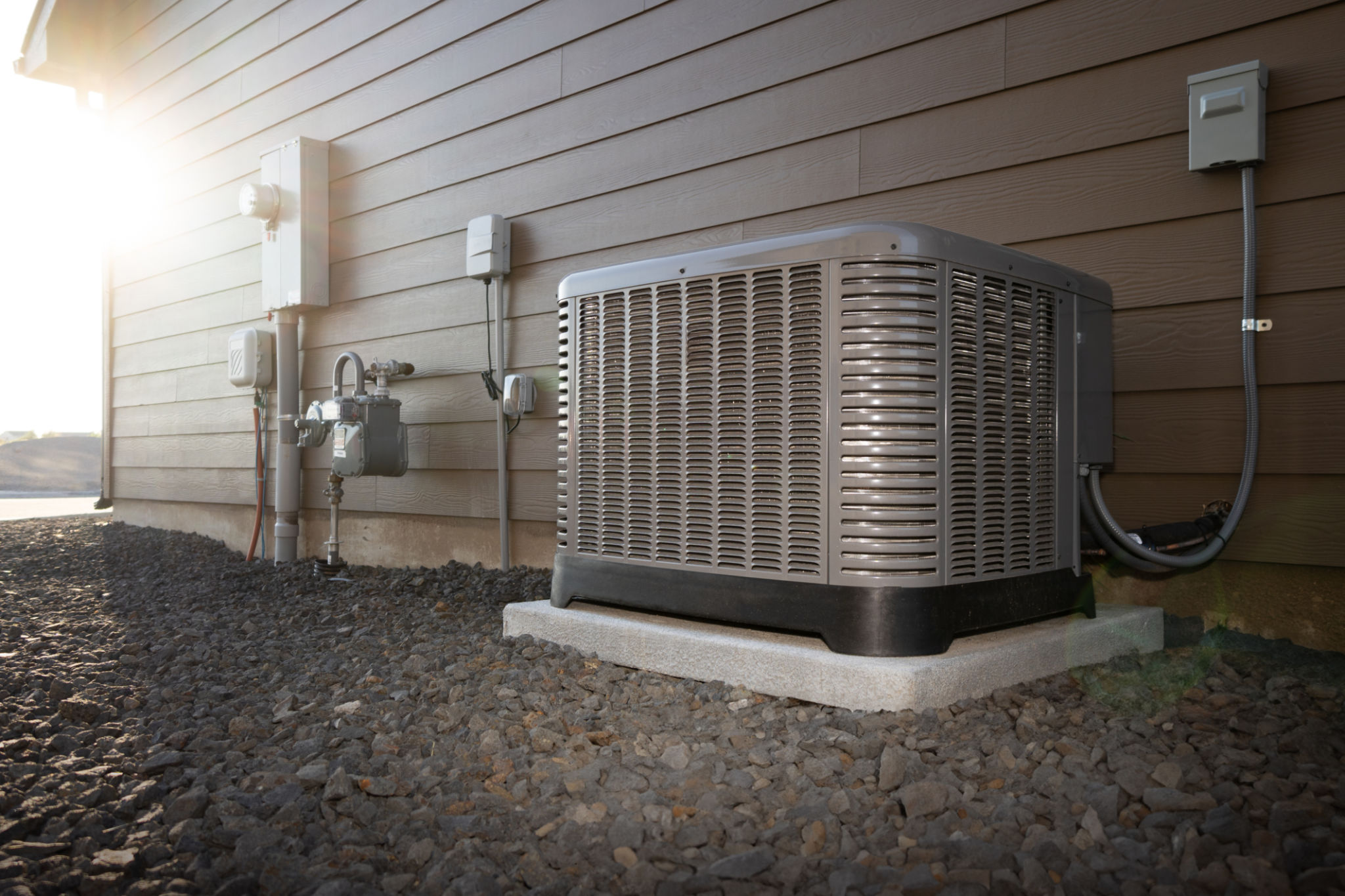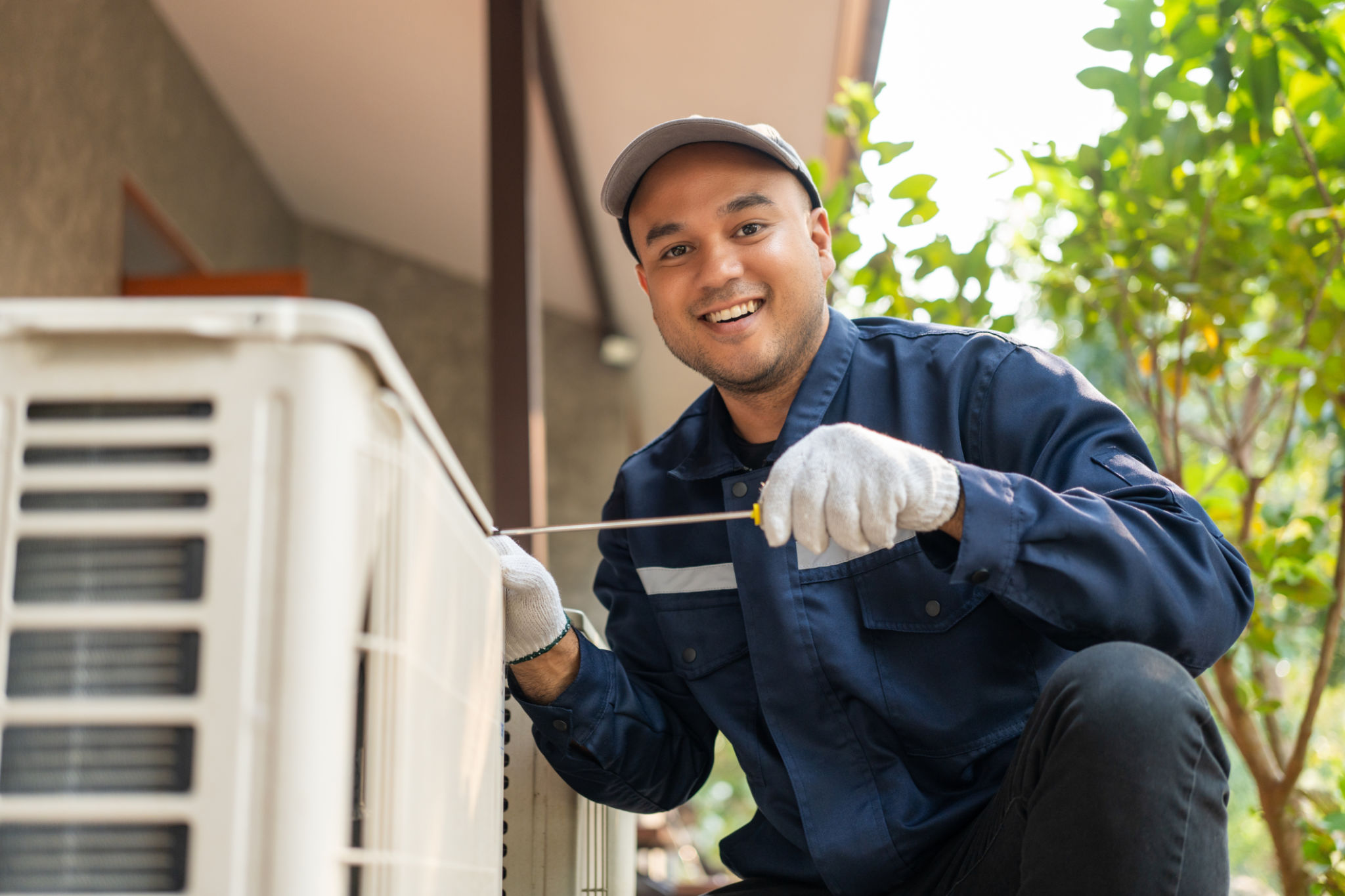DIY Air Conditioning Maintenance: What You Can Do and When to Call a Pro
Understanding the Basics of Air Conditioning Maintenance
Your air conditioning system is an essential part of maintaining comfort in your home, especially during the sweltering summer months. While professional maintenance is crucial, there are several DIY tasks you can perform to ensure your unit runs efficiently. Understanding these basics can help prolong the life of your system and reduce the need for costly repairs.

Regular Filter Changes
The simplest and most effective DIY task is to change your air filter regularly. A clean filter ensures that your system is not struggling to circulate air, which can lead to increased energy use and potential damage. Most filters should be changed every 30-90 days, depending on usage and the presence of pets or allergens in the home.
Keeping the Outdoor Unit Clean
The outdoor unit, or condenser, can easily get clogged with dirt, leaves, and other debris. To maintain efficiency, check the unit regularly and remove any obstructions. Ensure the unit has at least two feet of clearance around it to allow for proper airflow.

When to Inspect and Clean Coils
Both the evaporator and condenser coils can accumulate dirt over time. Dirty coils reduce the system's ability to cool your home and increase its energy consumption. It's advisable to inspect these coils annually and clean them if necessary. Use a soft brush or a vacuum cleaner to gently remove dirt.
Checking the Refrigerant Level
While you can't refill refrigerant yourself without proper certification, you can check for signs of low refrigerant levels. If you notice your system isn't cooling as effectively or you hear hissing noises, it might indicate a refrigerant leak. In such cases, it's best to call a professional.

Knowing When to Call a Professional
Despite your best efforts, some situations require expert intervention. Recognizing these signs early can prevent minor issues from becoming major problems.
- Strange Noises: Unusual sounds like grinding or squealing often indicate mechanical issues that need professional attention.
- Electrical Issues: If your system frequently trips breakers or has wiring problems, it's crucial to call a pro.
- Poor Airflow: If airflow remains weak despite changing filters, a deeper issue might be at play.
The Benefits of Professional Maintenance
Professional maintenance provides a comprehensive check-up of your system, ensuring that all components are functioning optimally. Regular tune-ups by an expert not only improve efficiency but also extend the life of your air conditioning unit.

Conclusion
Tackling some DIY air conditioning maintenance tasks can save you time and money while ensuring comfort in your home. However, knowing when to call a professional is equally important in maintaining the longevity and efficiency of your system. By balancing DIY efforts with professional maintenance, you can enjoy a cool, comfortable home year-round.